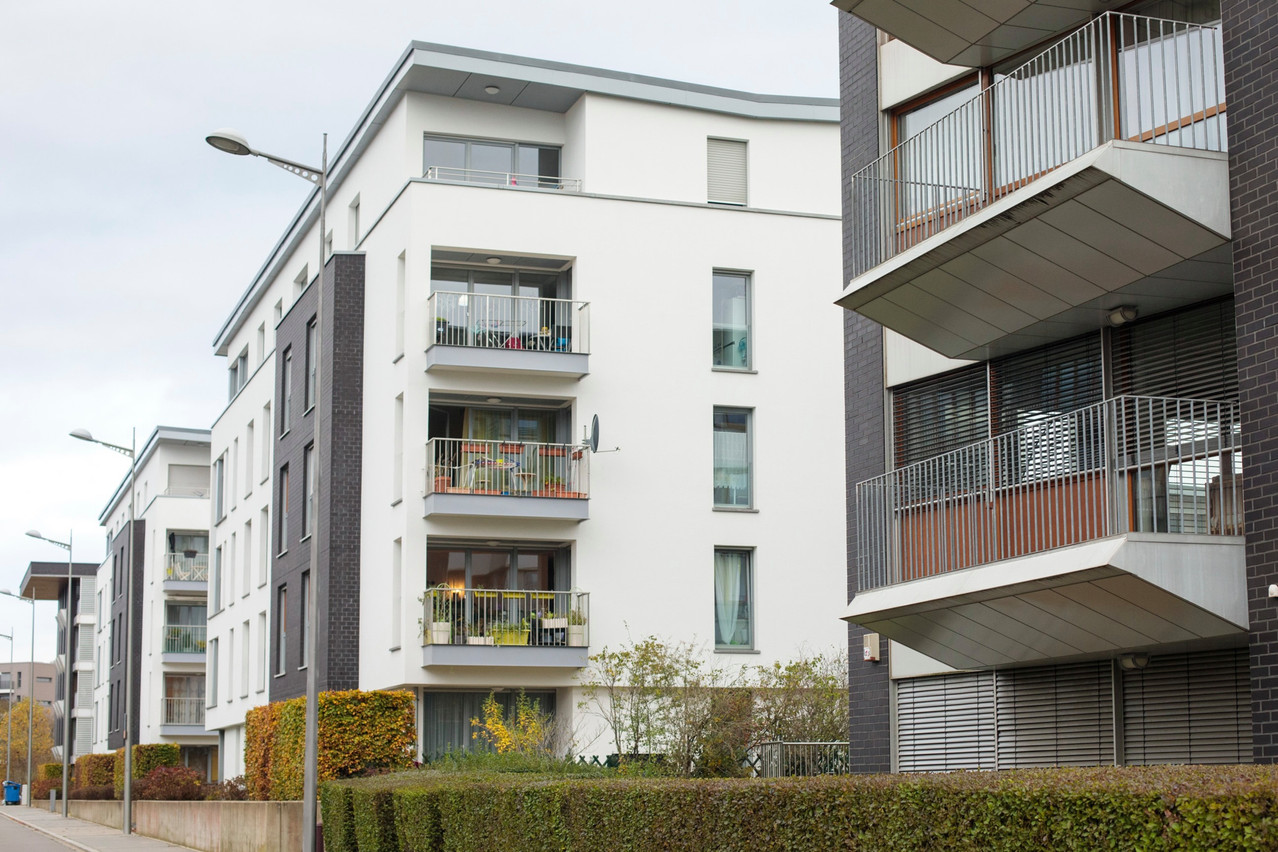As a result of rising inflation and subsequent monetary policy by the European Central Bank to increase key banking rates in the euro area, mortgage rates--that is, the interest rates on loans for home purchase--also . Consequently, several member states witnessed a drop in real estate prices. In Luxembourg, average prices, loan volumes and the number of transactions for both houses and apartments. The situation was so severe that the government several measures to address the “housing crisis” as of the end of January 2024.
However, despite the average price drop, the ECB finds that the residential real estate (RRE) market in the grand duchy remains the third most overvalued in the EU.
This assessment is part of the ECB’s biannual evaluation of potential risks to financial stability in the euro area, which includes measuring the over/undervaluation of residential property prices.
Overvaluation
According to the ECB, residential property overvaluation is particularly concerning as it often leads to increased household indebtedness. More worryingly, during adverse market conditions, sharp price corrections may result in higher losses on defaults for banks if loan collateral depreciates. These price corrections could also have wider implications, affecting household wealth and confidence and potentially impacting the broader economy. Additionally, a decline in property prices could render ongoing or planned projects economically unviable.
Given these considerations, the ECB closely monitors potential overvaluation in residential real estate. It uses a set of four measures to assess this risk, including deviations from long-term averages of the price-to-income ratio and the price-to-rent ratio, as well as econometric valuation estimates using an inverted demand model and an asset pricing model.
Price corrections
ECB data indicates that overvaluation in Luxembourg had been decreasing since Q3 2022, but in the last quarter of 2023, this trend changed direction.
Upon closer inspection, this reversal was caused by a significant increase in overvaluation at the lower price end of the valuation (“minimum valuation,” according to the ECB) of the housing market. At the same time, property values were moving towards fair levels for higher-end properties. This means that prices adjusted more quickly for larger dwellings and houses, while prices for smaller apartments and studios remained resilient, or even increased their pace upwards.
It is possible that this shift was influenced by higher mortgage rates, which reduced the maximum loan amounts available. And consequently, potential buyers began showing more interest in smaller homes.
Looking ahead, the increase in the 2024 “Bëllegen Akt” tax credit from €30,000 to €40,000 per person could sustain buyer interest in lower-priced properties. This may result in continued overvaluation, especially in the lower end of the price spectrum of the housing market, but only market dynamics will confirm this trend.
This article was published for the Delano Finance newsletter, the weekly source for financial news in Luxembourg. .
